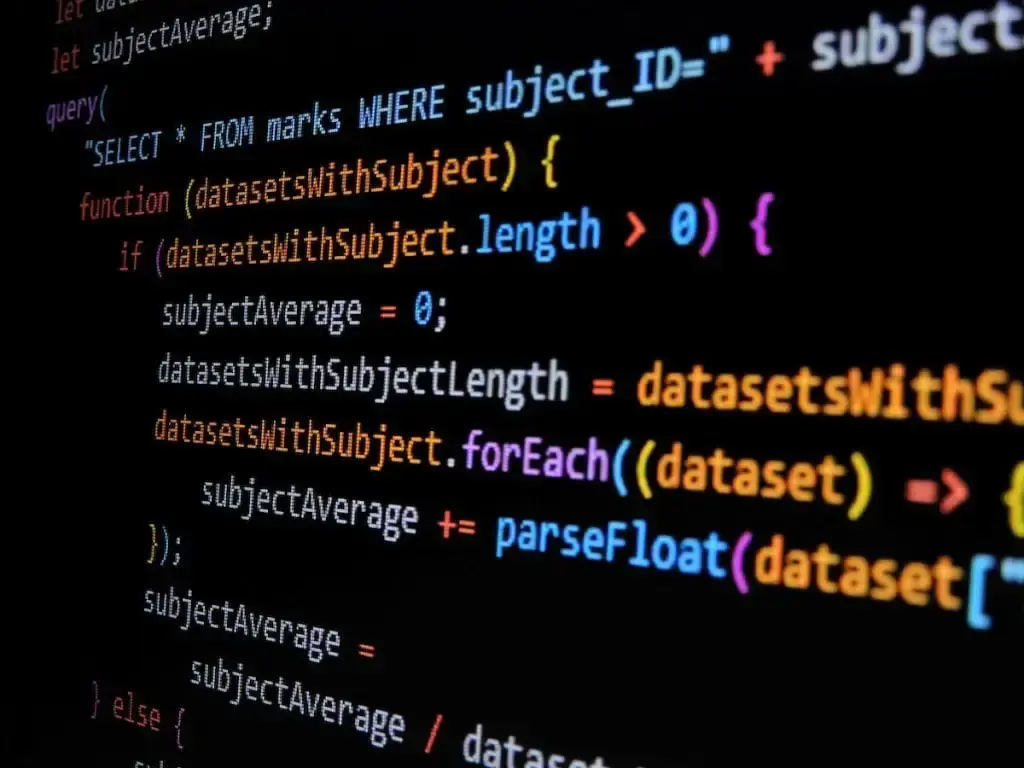I think we have to consider that the principles of the free software movement, revolutionary though they genuinely were, were also set in the same mindset that latterly saw its founder Richard Stallman spectacularly fall from grace. They are principles that deal in software development and licensing in strict isolation, outside of the social context of their use. They are code-centered, not human-centered.
(…)
It’s worth considering whose freedom we value. Do we value the freedom of the people who use software, or do we also value the freedom of the people the software is used on? While the latter group doesn’t always exist, when they do, how we consider them says a lot about us and our priorities.



When the bad actor in question in a military or government organization, one of the realities of the modern world is that they will use your code whether you like it or not. They aren’t going to stop because you use a license that prohibits them using it, if they deem it something that is useful enough. They’ll just ignore your complaints and hide any wrongdoing long enough for you to go away.
If you publish FOSS, you are relinquishing a lot of control of how that software is used. A license that says “don’t use this in bombs” only works if all parties are acting in good faith, and I don’t think we can rely on millitaries playing nice if there’s an advantage to be had.